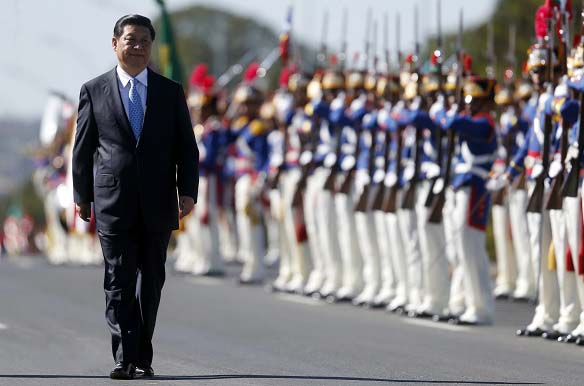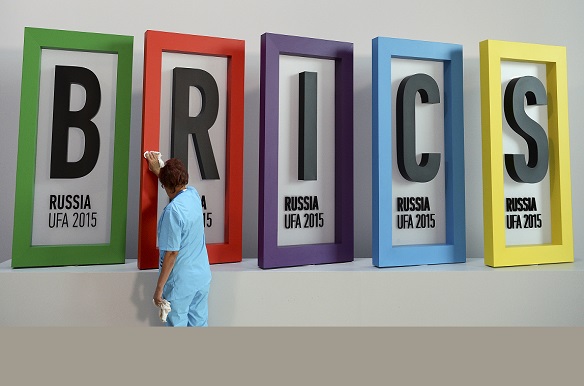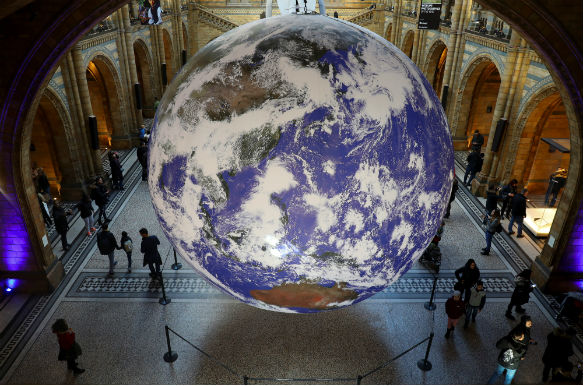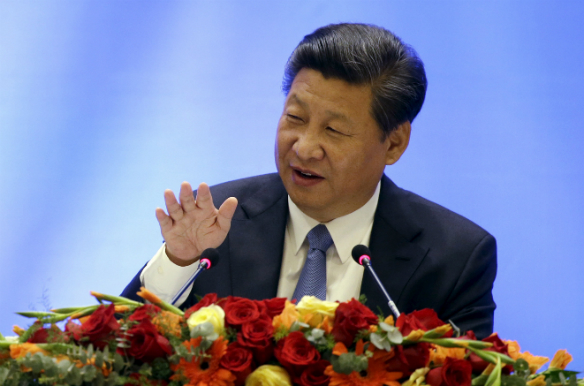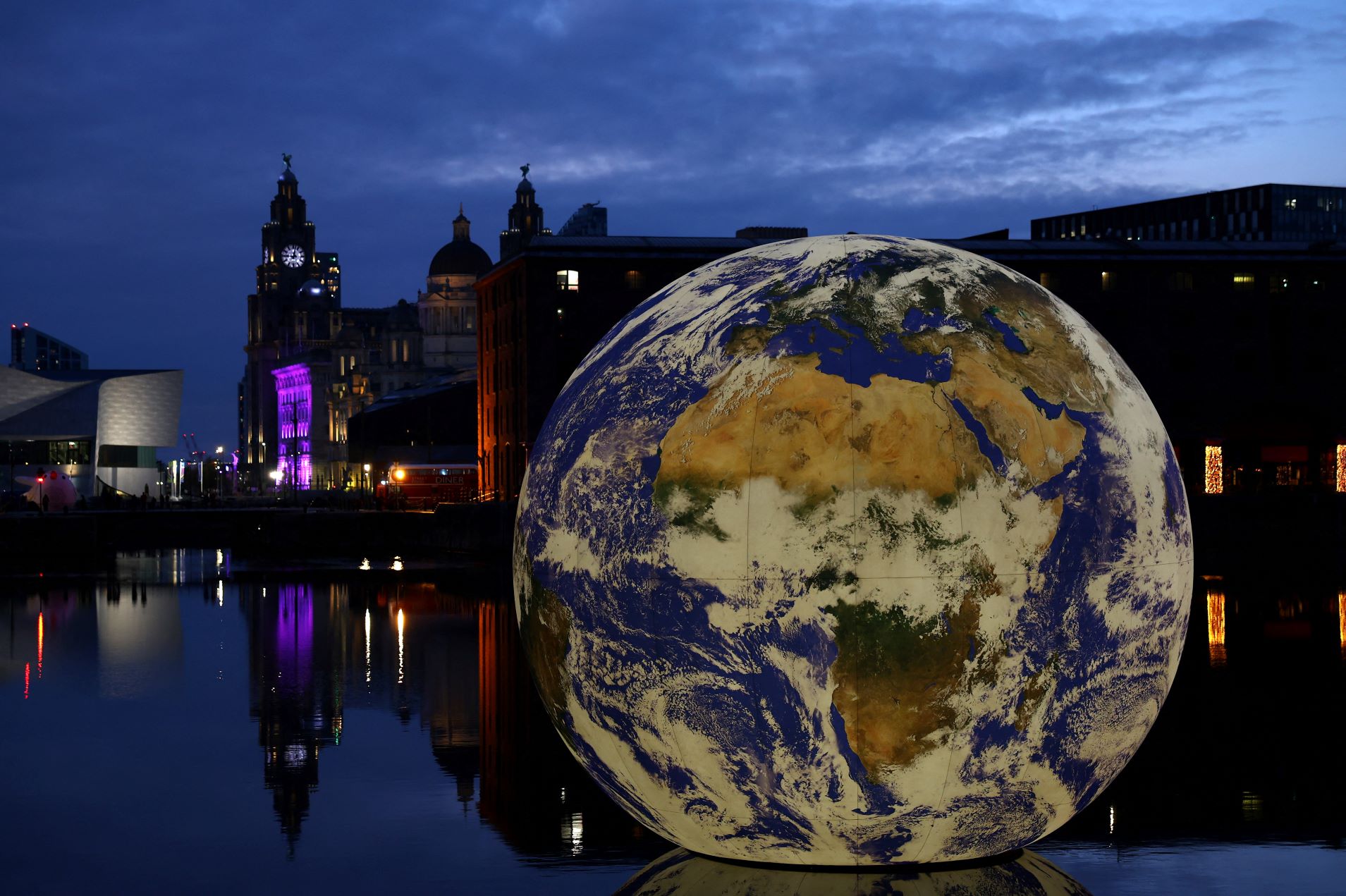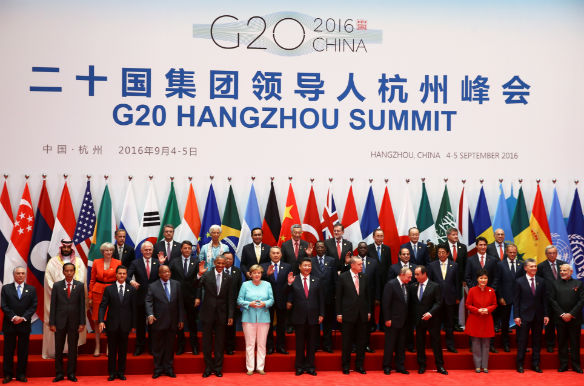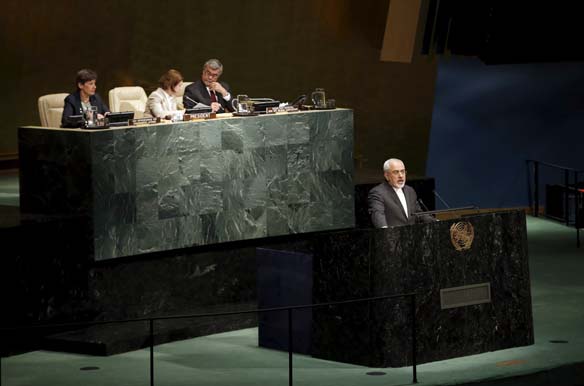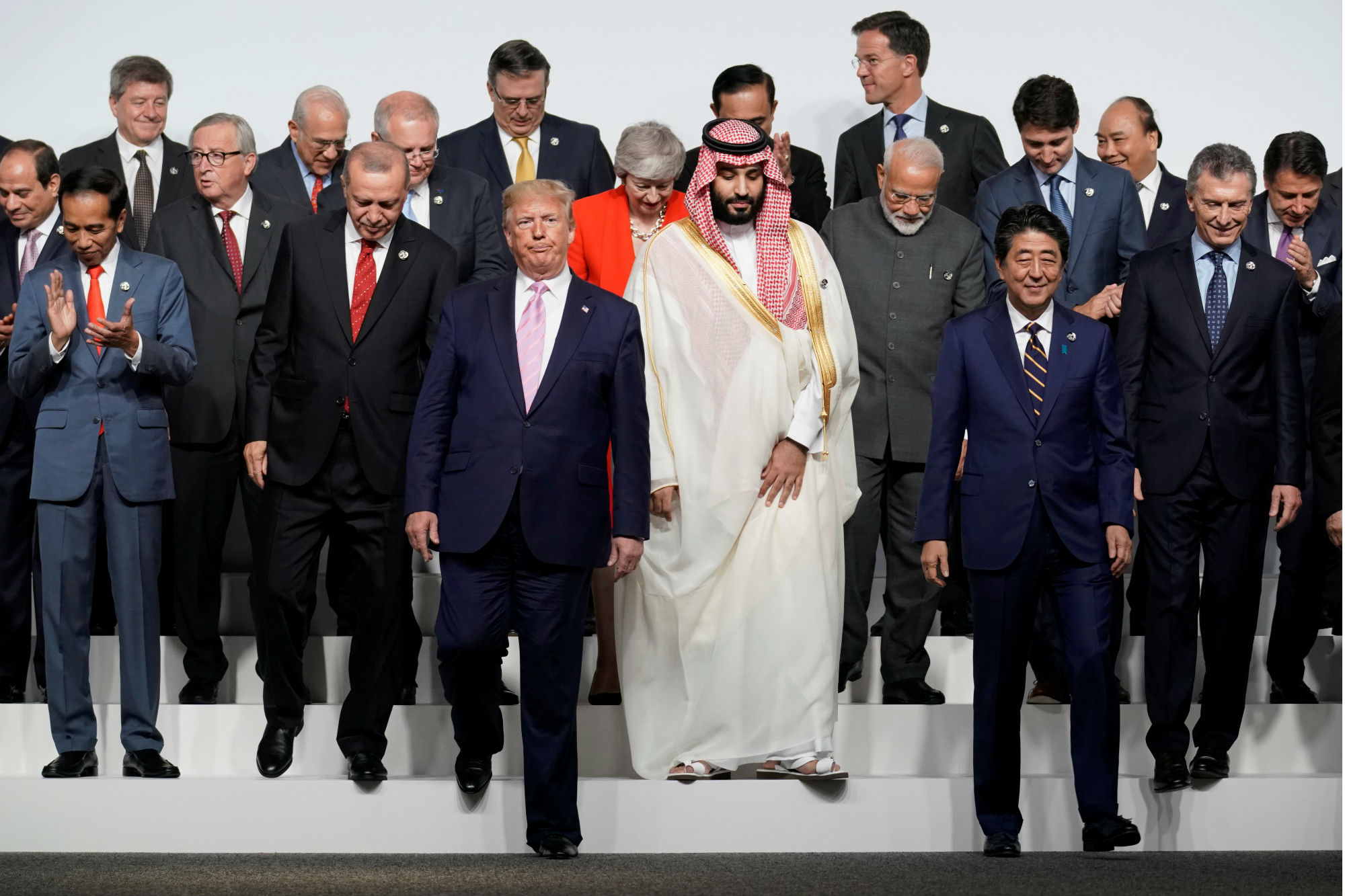A Chinese Perspective on the BRICS in 2015
Thanks to the power shift in the international system and the deepening cooperation of the BRICS countries (Brazil, Russia, India, China, and South Africa) in the past six years, the role of this group in global affairs continues to gain momentum. The BRICS group is not only an economic concept but increasingly it is also taking the form of a political entity. However, with the slowing economic growth in BRICS countries and changing geopolitical dynamics around the world, the role of the BRICS on global governance is facing greater challenges than before.
Thanks to the power shift in the international system and the deepening cooperation of the BRICS countries (Brazil, Russia, India, China, and South Africa) in the past six years, the role of this group in global affairs continues to gain momentum. The BRICS group is not only an economic concept but increasingly it is also taking the form of a political entity. However, with the slowing economic growth in BRICS countries and changing geopolitical dynamics around the world, the role of the BRICS on global governance is facing greater challenges than before.

